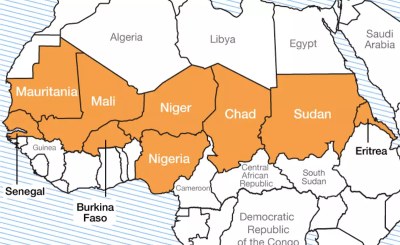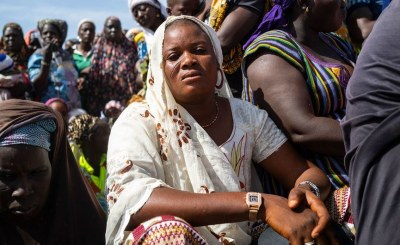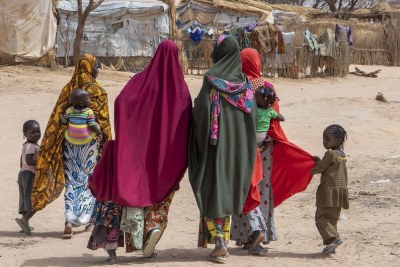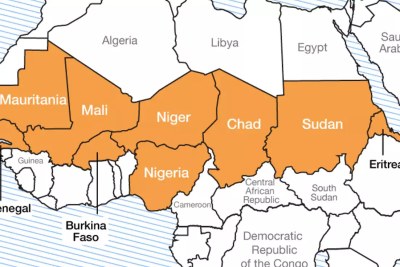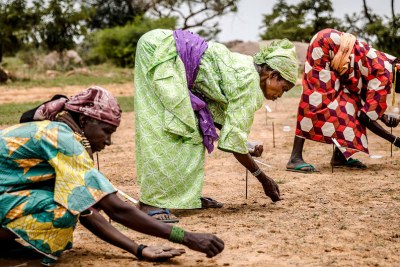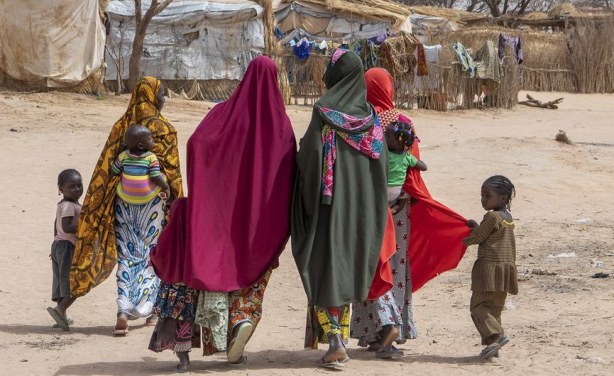-
West Africa: Violent Extremism Is Rising in the Sahel, but Not in Chad - What's Different?
The Conversation Africa, 20 February 2023
Since the rise of Boko Haram in Nigeria and the emergence of Islamist-Salafist groups in northern Mali in 2013, the Sahel has increasingly been caught in the maelstrom of Islamist… Read more »
-
West Africa: Sahel - the Invisible Dangerous Liaisons
Centre 4s, 17 January 2023
Just ten years after the rescue of Mali official government by the French military operation Serval, which became Barkhane a few months later, the security situation in that… Read more »
-
West Africa: Sahel - New National and International Challenges.
Centre 4s, 19 October 2022
After a decade of confronting terrorism, what reform for the security sector in particular armed forces? Should priority be given to national or regional and international… Read more »
Why Is Violent Extremism Rising in the Sahel, but Not in Chad?
Since the rise of Boko Haram in Nigeria and the emergence of Islamist-Salafist groups in northern Mali in 2013, the Sahel has increasingly been caught in the maelstrom of Islamist terrorism. The region is now described as the new global epicenter of violent extremism. The population is suffering immensely, and in some areas, more than 2 million people have been displaced. Agriculture and development have come to a halt there, reports Helga Dickow for The Conversation.
Five explanations are usually given for the rise of Islamist terrorism in the Sahel: dissatisfaction with the political order, bad governance, corruption, and ethnic rivalries, to economic reasons such as poverty or unemployment, especially among the youth.
The Sahel region stretches from Senegal in the west through parts of Mauritania, Mali, Burkina Faso, Niger, Nigeria, Chad, and Sudan to Eritrea on the Red Sea. Chad is one of the poorest countries in the world. It was ruled for 30 years by the authoritarian president Idriss Déby Itno, who died in 2021 under unexplained circumstances. The country fulfills all the conditions associated with Islamist terrorism. But, so far, the threat reaches Chad from the neighbouring countries and not from the inside. So then, what holds Chadian society together?
In a survey conducted in five Chadian towns (the capital N'Djamena, Abéché, Sarh, Mongo, and Moundou) from 2015 to 2016 showed that the reason the threat of Islamist terrorism doesn't come from inside is because Chadians want to live together peacefully. Other reasons include the fact that Chadians have high religious tolerance and Deby's authoritarian regime favoured groups who had a tendency towards religious fundamentalist ideas - appeasing them with economic benefits.
InFocus
-
Over the years West Africa has dealt with chronic instability caused by political crises Read more »
-
Just ten years after the rescue of Mali's official government by the French military Operation Serval, renamed Operation Barkhane a few months later, the security situation in that ... Read more »
-
The Sahel region stretches from Senegal in the west through parts of Mauritania, Mali, Burkina Faso, Niger, Nigeria, Chad and Sudan to Eritrea on the Red Sea. Ara Read more »
